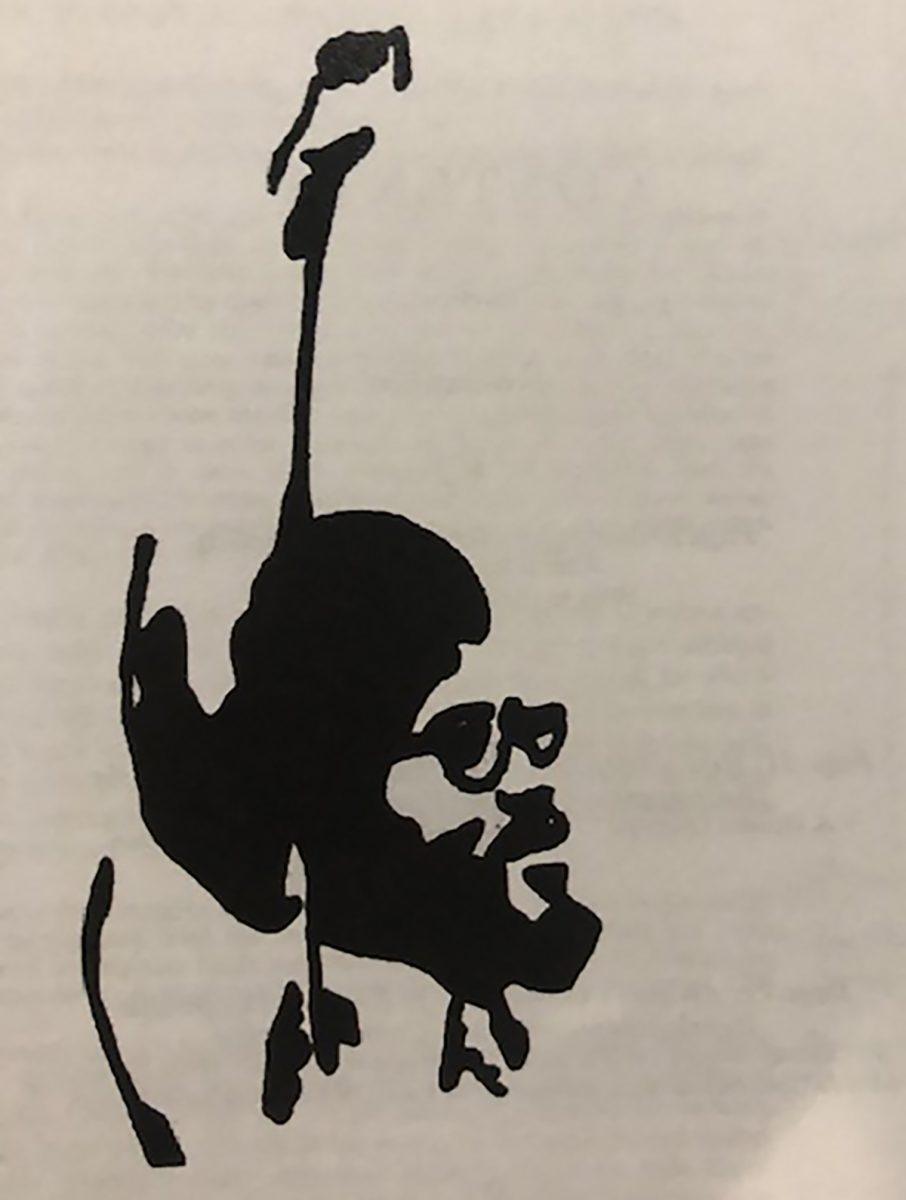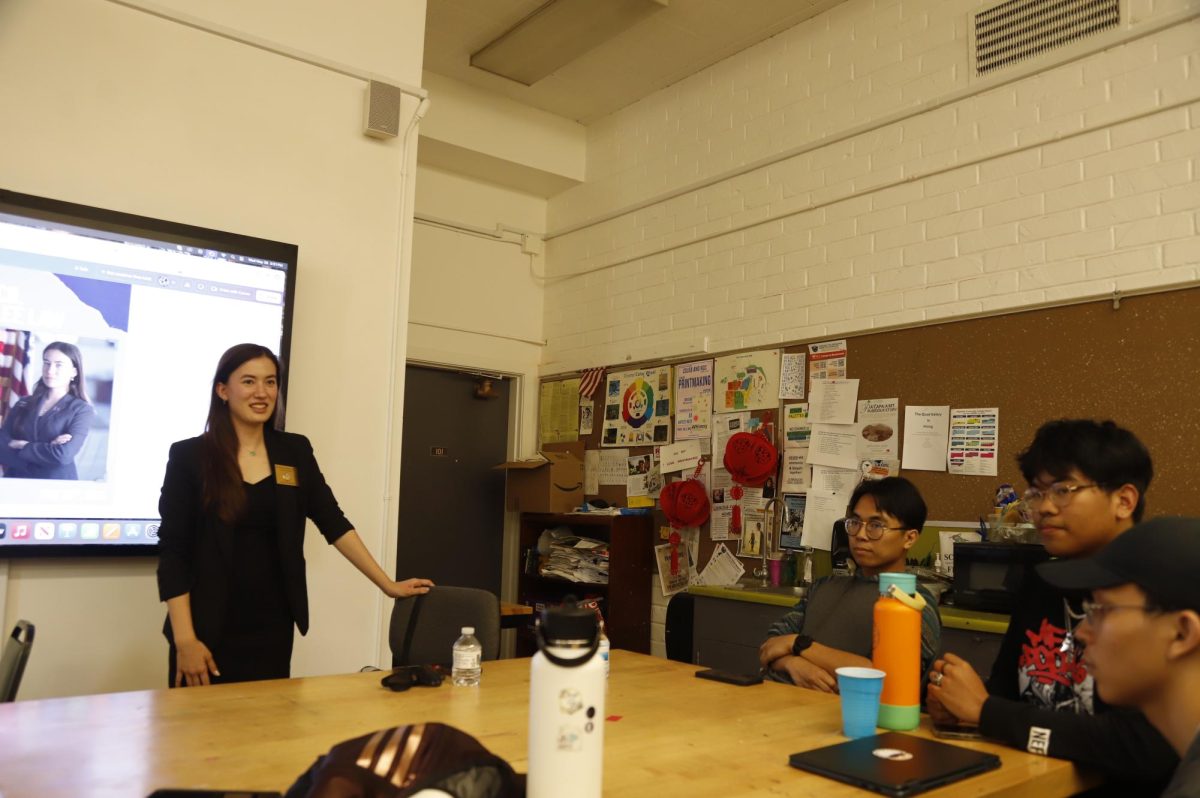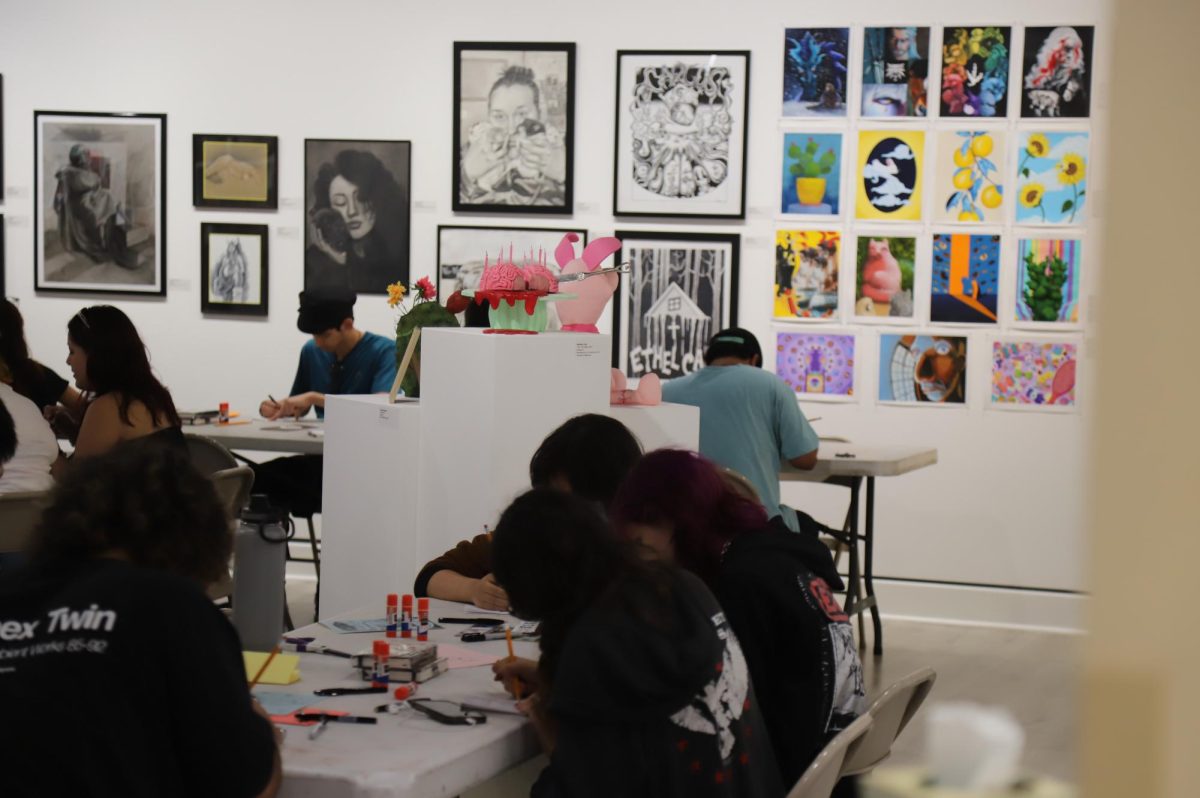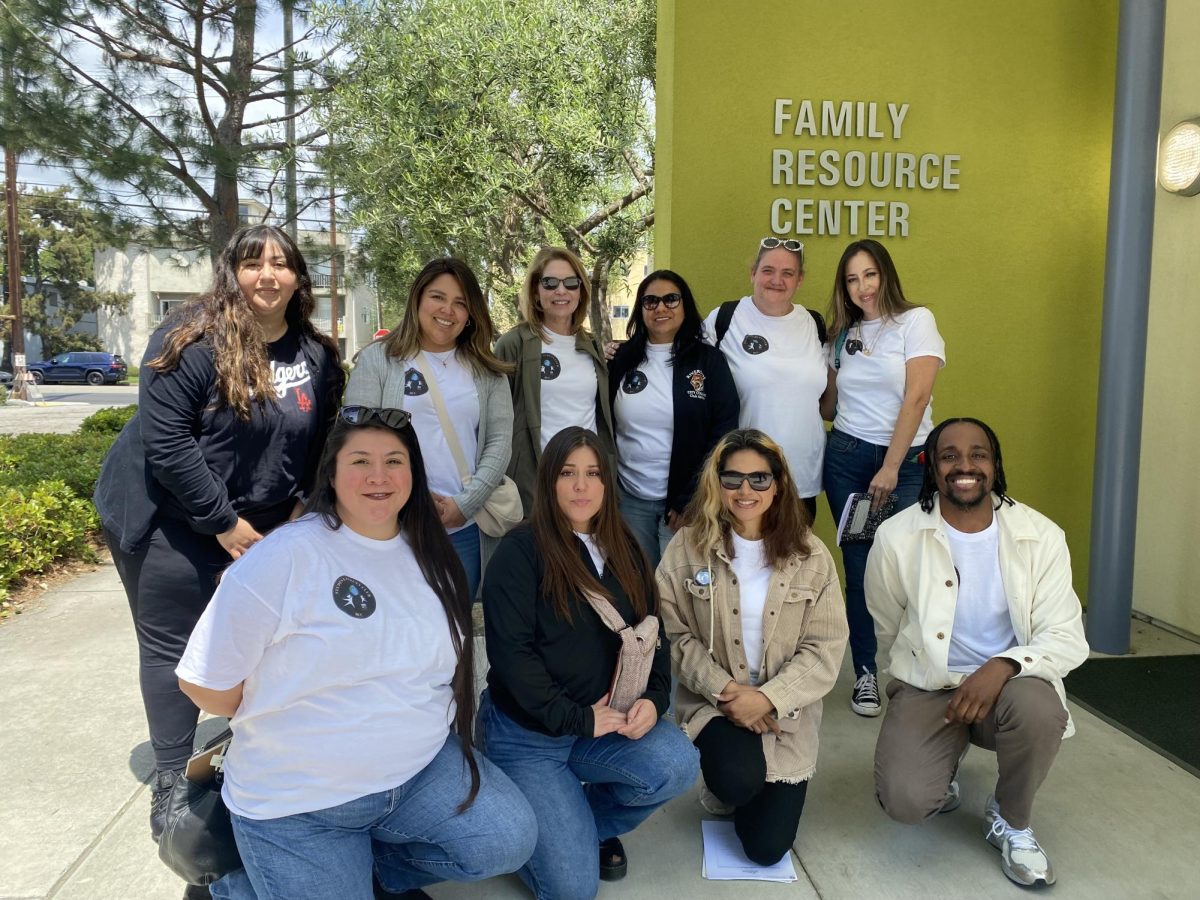“If ‘underdevelopment’ were related to anything other than comparing economies, then the most under-developed country in the world would be the U.S.A., which practices external oppression on a massive scale, while internally there is a blend of exploitation, brutality, and psychiatric disorder.”
–Walter Rodney
By Liv Drobny
“Institutional racism” emerged in the American vocabulary during summer 2020 following the murders of George Floyd, Breonna Taylor, and an unknown number of other victims of police brutality.
According to the New York Times’ 1619 Project, Black Americans have experienced the effects of institutional racism for over 400 years. Walter Rodney’s “How Europe Underdeveloped Africa,” written in 1972, puts the American legacy of racism in historical context and reveals how racism is a cornerstone of European and American success. It is the reason why Europe and the United States continue to be the most prosperous regions of the world today.
Rodney offers an excellent overview of the roots of institutional racism in Europe and America. It is a necessary lesson for any person working for equality.
He begins by discussing the relationship between the individual, community and state. He gives an overview of the history of emerging global economies and what constitutes a developed nation. With a focus on Africa and the Americas, Rodney highlights the uneven development and wealth between Europe and these exploited colonized territories.
A picture of a rich and advanced pre-colonial Africa emerges. Rodney describes the prominent and flourishing societies of Egypt, Ethiopia, Nubia, the Mahgreb, Western Sudan, and the East Interlacustrine Zone. It is clear that pre-colonial Africa was not simply a collection of unorganized tribes, but a landscape spangled with culturally advanced, militaristic societies.
In the 1400s, European ships landed in Africa and immediately began to establish African markets as an arm of a cooperative European capitalist market. High quality African artifacts and textiles were hugely popular among consumers in Europe. Meanwhile, European goods sent to Africa were of poor quality despite high trade costs to Africans.
Slaves quickly became the most lucrative trade coming from Africa. Coastal African societies were inundated with slavers despite strong resistance. Europeans — especially the Portuguese — first put economic and then violent pressure on African leadership who had little choice but to concede.
Rodney identifies the role of racist propaganda as the breath of life for the slave trade. The racial superiority complex of White Europeans and European colonizers in the Americas permitted racism, violence, and brutalization against Africans in Africa and the diaspora.
This is where the United States doubled down on racist rhetoric to secure its economic interests. Despite the participation of enslaved and free Black Americans in the Revolutionary war, the constitution that followed American liberation authorized the continuation of slavery. The prevailing narrative in our elementary and high schools says that the Revolutionary War was based on the unfair practice of taxation without representation. The American colonies had no interest in forking over the gargantuan profits created by slave labor.
By the time the Civil War broke out, Americans had realized that the economy was changing and plantation slavery was no longer a viable model for industrial development. In abolishing slavery, the goal of the North was not a virtuous push for social justice, but to advance the capitalist interests of the country. Morality was beside the point. Before and after the Civil War, Black Americans suffered, and continue to suffer, racism in the North and South.
This legacy of discrimination continues today.
Rodney’s thorough explanation of this history is meticulous and comprehensive. His writing is sophisticated and can sometimes be difficult to understand. It requires analysis to fully appreciate. A more advanced reader might appreciate Rodney’s work, whereas an intermediate or novice reader likely would not.
Rodney was a Guyanese historian, scholar and social activist who helped found the Working Peoples’ Alliance, a democratic socialist political party that exists today. He studied in London and went on to teach at universities in Tanzania and Jamaica. He collaborated with Black leaders in the United States and was given an appointment to teach history at the University of Guyana, but was deemed a threat and his offer was rescinded.
In 1979, Rodney was framed for arson and one year later he was assassinated with a bomb. Although “How Europe Underdeveloped Africa” is Rodney’s most notable work, before his death, he published extensive historical and economic literature on Africa and the African diaspora.












